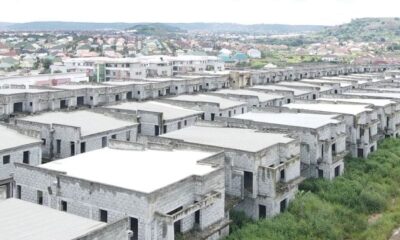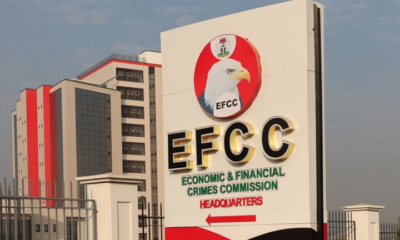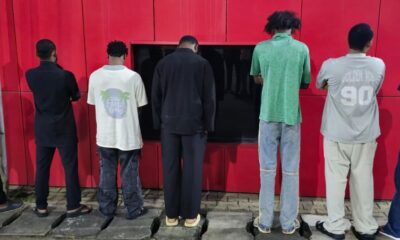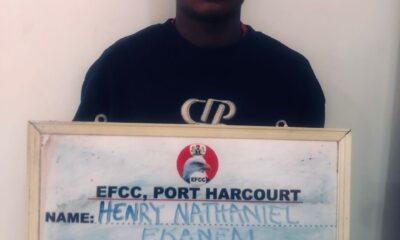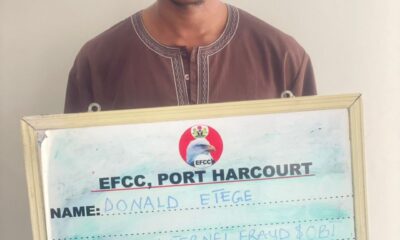NEWS
EFCC-NJI Workshop: Participants Move Against Courts’ Frivolous Restraining Orders
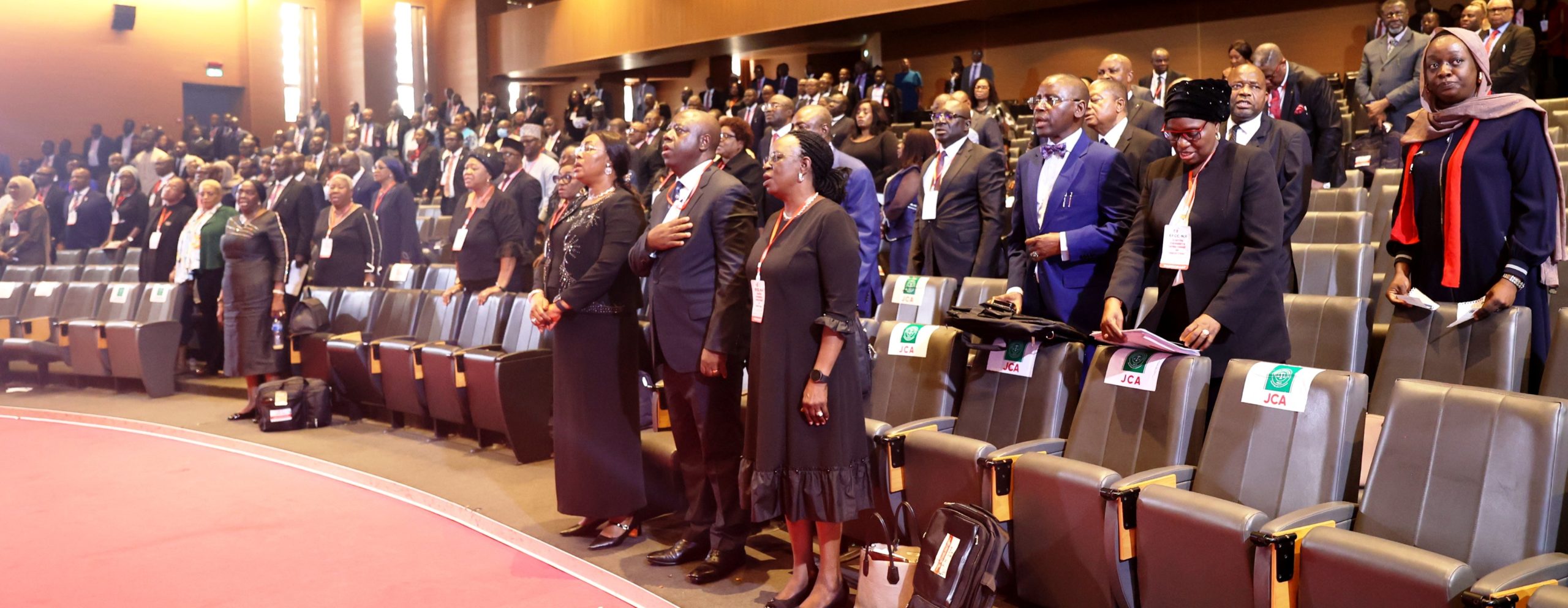
Participants at the 6th Economic and Financial Crimes Commission’s (EFCC) – National Judicial Institute’s (NJI) Capacity Building Workshop for Justices and Judges have called on judges handling economic and financial crimes as well as other acts of corruption across the country, to exercise more caution in the granting of restraining orders.
This call was made in Abuja on Wednesday, October 9, 2024, in a Communique issued at the end of the Workshop. According to the participants, comprising justices and judges of the Supreme Court, the Court of Appeal, high courts, prosecutors, investigators, anti-corruption experts, civil society groups, media executives and other stakeholders in the anti-corruption corridor, granting of unjustified restraining orders are posing challenges to the speedy resolution of corruption cases.
“Courts should be wary of granting unjustified restraining orders issued at the behest of government officials and suspects under investigation as this can erode public trust and confidence in the judiciary”, they said. Other highlights of the Communique are: “need for increased reliance on non-conviction based asset forfeiture procedures in the forfeiture of assets, especially digital assets; need for judges with track records of handling economic and financial crimes cases to be designated to handle such cases, need for increased emphasis on intelligence-driven investigation that leverages existing information technology infrastructures rather than relying mostly on whistle-blowers”
Participants also emphasized the need for developing and sustaining synergy and coordination among all stakeholders in the administration of criminal justice in Nigeria as well as the need for law enforcement agencies to work closely with international law enforcement agencies such as INTERPOL, AFRIPOL and others to enhance efforts to combat cross-border financial crimes. To effectively address issues that arise in the investigation of Money Laundering/Combating the Financing of Terrorism (AML/CFT) cases, participants sought a more inclusive approach that involves all intermediaries, aligning with the country’s risk profile and fostering coordinated efforts among all stakeholders.
ALSO READ: EFCC Nabs 33 Internet Fraudsters With Fake Dollars In Port Harcourt
While maintaining that the judiciary stands as a critical stakeholder in the administration of justice, the Workshop admitted that the adjudicatory functions of the judiciary cannot be judiciously discharged without diligent investigation and prosecution by key agencies. To this end, the EFCC was enjoined to take advantage of the extant fast-track rules of court to expedite the trial of economic and financial crimes cases. Additionally, there is a “need for constant review of strategies, techniques and practices in the detection, investigation and prosecution of financial crimes to aid Anti-corruption agencies secure more convictions in high profile cases. This is in addition to continuous training of Judicial officers and staff of Anti-Corruption Agencies to deal with new trends and best practices on digital forensics and other emerging typologies of economic and financial crimes”. Participants also called for strict adherence to the Administration of Criminal Justice Act(ACJA) which provides a comprehensive framework for criminal justice procedures for efficient and fair administration of justice in Nigeria.
EFCC Chairman, Ola Olukoyede, in a closing remark, appreciated all the participants and pointed out that Nigeria still stands out as a nation making good success of asset recoveries across the world. “At every international gathering, Nigeria is regarded highly for its records of staggering recoveries of assets. I called on the judiciary to continue to offer us more support in tackling corruption cases”, he said.
The Workshop which was declared open by President Bola Ahmed Tinubu and was themed “Integrating Stakeholders in Curbing Economic and Financial Crimes”. It drew a mammoth crowd of stakeholders including former Secretary General of the Commonwealth, Chief Emeka Anyaoku, Senate President, President of the Court of Appeal, Attorney-General and Minister of Justice, Chief Justice of Nigeria, among others.
NEWS
Christmas: Shettima Assures Of FG’s Commitment To Citizens’ Welfare
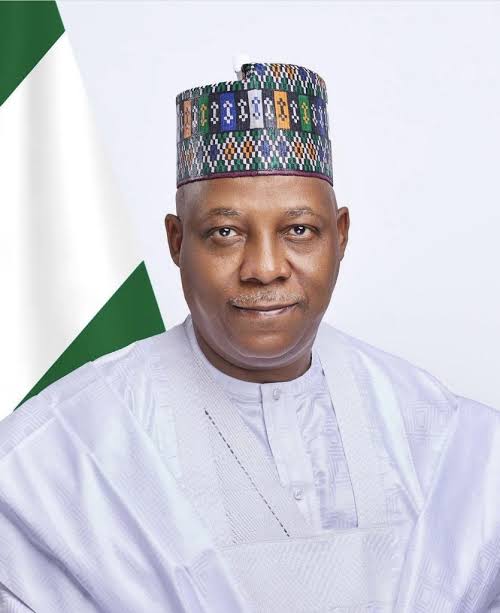
Nigeria’s Vice President, Kashim Shettima has assured Nigerians of the federal government’s dedication to national security, economic transformation, and welfare of the citizens.
This was detailed in a Christmas message on Wednesday afternoon in Abuja under the signature of the Senior Special Assistant to The President on Media & Communications (Office of The Vice President), Stanley Nkwocha.
According to the Vice President, the administration of President Bola Ahmed Tinubu remains unwavering in its focus on these critical areas, as the country looks forward to the dawn of a new year.
ALSO READ: Tinubu Sends Hearty Christmas Greetings To Christians Worldwide
He said, “In these times of economic transformation, I want to assure you that the President Bola Ahmed Tinubu administration remains steadfast in its commitment to improving the lives of all Nigerians.”
Vice President Shettima particularly urged the citizens to imbibe the virtues of national unity during the yuletide season.
“Nigeria’s diversity remains our greatest strength. Let us avail ourselves of the time provided by the holiday season to strengthen the bonds of brotherhood that unite us across all faiths and regions,” he said.
Senator Shettima assured Nigerians of the continued vigilance of the nation’s security forces, noting that “our brave security personnel will continue to work round the clock during this festive period to keep us safe.”
He said enhanced security measures have been put in place to protect the citizens during the holiday period.
“The relevant agencies have been mobilized to ensure your safety and comfort on all major routes,” he stated, urging travelers to remain vigilant.
VP Shettima expressed optimism about the nation’s trajectory in the coming year, saying, “I am filled with hope and optimism about Nigeria’s future. Together, we will build a more prosperous and united nation.
“To our young people, you are the backbone of our nation. The Renewed Hope administration is implementing various initiatives to create opportunities for you to thrive and contribute to Nigeria’s development,” he added.
NEWS
Yuletide: Adeleke Rejoices With Christians
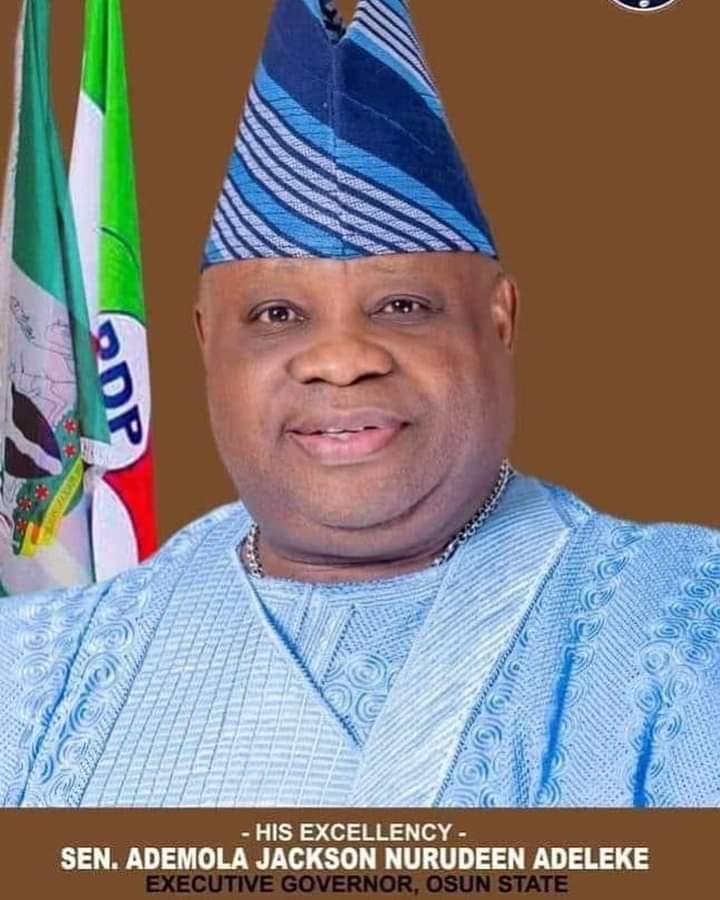
Osun State Governor, Senator Ademola Adeleke has felicitated Christians in Osun State and beyond on the occasion of the 2024 Christmas celebration, urging them to follow Jesus Christ’s example of compassion and tolerance.
Biztellers reports that Gov Adeleke described the birth of Jesus Christ as a defining moment for mankind, in a statement in Osogbo on Tuesday.
He described the festive season as a solemn reminder of the power of love and how it can save humanity.
ALSO READ: Archbishop Martins Champions Clamour For Better Life For Nigerians
While recognising unity and togetherness as an important message that Jesus Christ’s life resonates, Gov Adeleke charged Osun people, particularly Christians, to draw from the spiritual import of the celebration by sharing love and fostering harmony in communities.
In his words, “I extend my warm wishes to Christian faithful in Osun state and beyond as we mark this year’s Christmas. The birth of Jesus Christ is a manifestation of the power of love and remind us of the essence of compassion,” the Governor noted in his message.
“In the mood of celebration, I urge us to take a moment to reflect on the message of renewal that the birth of Jesus Christ signifies, promoting activities that will unite not divide, build not destroy, and bring peace not conflict.
“It is also my sincere appeal that we extend hands of kindness to the needy and the weak in the society, spreading love and generosity beyond borders. That is the essence of Christmas and it is most essential that at a time like this, no one is left to their fate.”
NEWS
Archbishop Martins Champions Clamour For Better Life For Nigerians
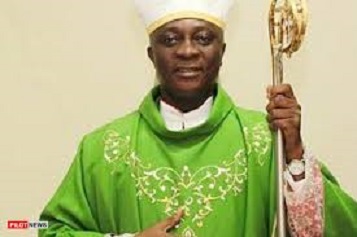
Archbishop Alfred Adewale Martins, of the Catholic Archdiocese of Lagos, has enjoined all Nigerian leaders to be more sensitive to the yearnings of the people for a better life.
This was contained in a 2024 Christmas Message to Nigerians issued in Lagos under the signature of the Director of Social Communications, Very Rev. Fr. Anthony Godonu.
According to the Archbishop there is an urgent need for a better enabling environment to allow businesses thrive in a bid to reduce the high rate of unemployment and the grinding poverty in the land.
He urged leaders to prioritise the welfare of citizens over personal needs in addressing the widespread hunger, poverty, joblessness, and insecurity ravaging the nation.
ALSO READ: Tinubu Sends Hearty Christmas Greetings To Christians Worldwide
In his words, “Even in the face of policies that are deemed to have positive results in the long-term, such as the removal of fuel subsidies, floating of the naira and the new tax reforms initiative, governments must ensure that the immediate welfare of people is not neglected but factored into the planning and execution of such policies. This is necessary, if the people for whom the policies are being made are not to die before the positive results begin to manifest.
“At the same time, government spending must be prudent and compassionate. In addition, it is necessary to pay more attention to the agricultural sector so that food security can be ensured for overall benefit.”
The Prelate described as very sad and depressing the recent loss of several lives of innocent Nigerians in Ibadan, Abuja, and Anambra in their quest to access food palliatives owing to pervading hunger across the country.
He considered it worrisome that many Nigerians now find it difficult to purchase necessities of life, especially during this festive season that should be a period of merriment, sharing of love, food, and other essentials, which are the hallmarks of the Christmas season.
To forestall a reoccurrence of such ugly incidents, the prelate urged governments, at both federal and state levels, as well as the legislative assemblies, to identify and quickly fix the loopholes in the polity that are responsible for the massive poverty and hardship which Nigerians are facing.
He advocated the appraisal of the nation’s existing laws and enactment and enforcement of only proactive policies that would open the business environment, attract investors, and create more jobs so that the citizens can afford their basic needs; rather than depend on palliatives that offer only temporary relief.
The prelate urged substantial investments in the agricultural sector of the economy to ensure the availability of basic foodstuffs; thereby reducing the high cost of essential food items like rice, beans, onions and grains.
“If citizens have food in their homes, people will not endanger their lives while scrambling for palliatives in the way it happened,” he noted with sadness.
While praying for the souls of those who died in the recent stampedes in parts of the country, he also commiserated with those who lost their loved ones, praying that Jesus, the Prince of Peace would bring solace to the afflicted, comfort to the grieving, and hope to the despairing.
“This special season reminds us of the profound love of God, who sent His only Son to redeem humanity. May the light of Christ illuminate our lives, dispel darkness, and fill our hearts with love, compassion, and kindness. As we gather with family and friends, let us not forget those who are less fortunate, the vulnerable and the marginalised. May our celebration be a catalyst for acts of charity, generosity, and solidarity,” he stated.

